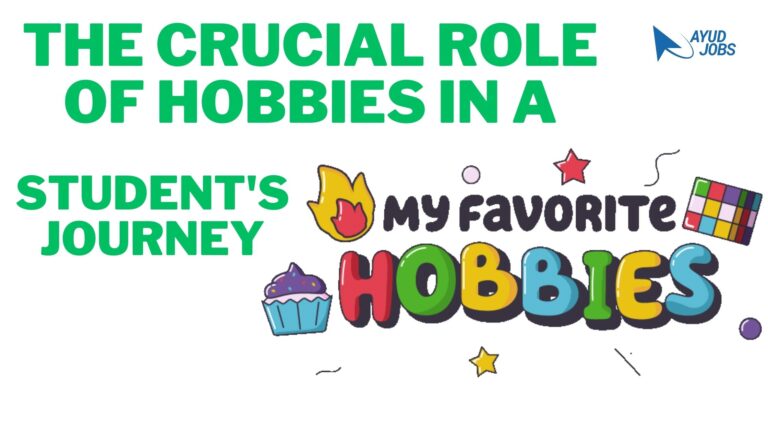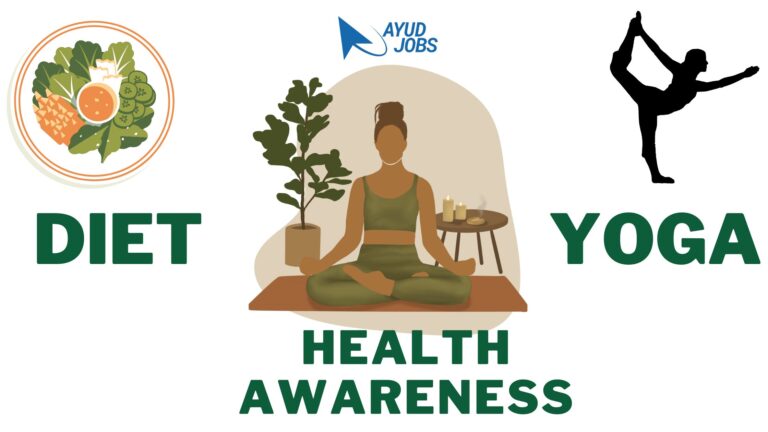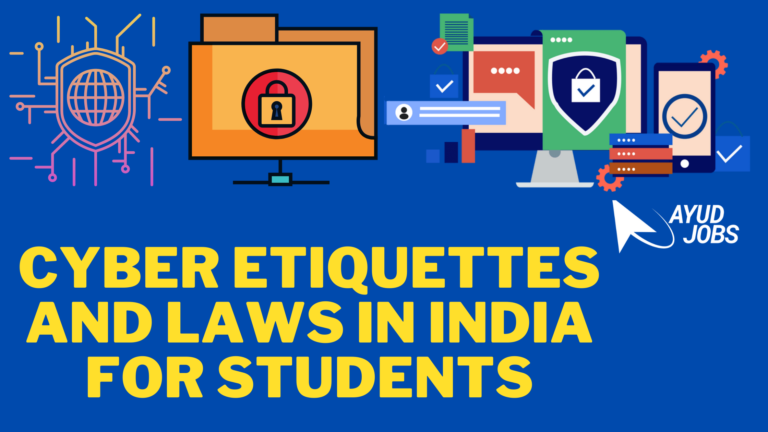The Power of Self-Study How to Learn Effectively on Your Own
Self-study is a powerful skill that shapes successful people across fields. In today’s fast-paced world, relying solely on traditional learning methods isn’t enough. Learning how to study independently can give you an edge, improve your problem-solving skills, and boost your confidence. This guide will break down self-study techniques, explain why they’re effective, and help you build a lifelong habit.
What is Self-Study? Why is it Important?
Self-study is the ability to learn and explore independently without needing a teacher or structured classroom. This doesn’t mean giving up on traditional learning; instead, it’s about enhancing your knowledge through personal exploration.
Why is Self-Study Important?
• Flexibility: You can learn at your own pace, choosing topics that interest you the most.
• Empowerment: You build confidence by finding solutions on your own.
• Preparation for Real Life: In the workplace, self-learning is essential. Employers value people who can find information, solve problems, and adapt.
Benefits of Self-Study: Why It’s Worth the Effort
1. Builds Critical Thinking Skills
When you study independently, you’re forced to ask questions, think deeply, and find answers yourself. This builds a solid foundation for critical thinking, which is invaluable in real-life situations.
2. Develops Problem-Solving Abilities
When studying alone, you have the time to tackle complex problems. Unlike a classroom, there’s no rush to keep up with others, allowing you to approach issues at your own pace.
3. Increases Motivation
Self-study strengthens internal motivation. Instead of studying to please teachers or pass exams, you focus on learning to satisfy your curiosity, which is more sustainable in the long run.
4. Enhances Memory Retention
Active learning methods, like self-study, help retain information. Instead of passively listening, you engage more by taking notes, summarizing, or teaching others.
Step-by-Step Guide to Building a Self-Study Routine
Step 1: Set Clear Goals
Define what you want to achieve. This could be learning a new skill, mastering a concept, or understanding a topic in depth.
Step 2: Create a Study Plan
Organize your goals into a manageable timeline. Break large tasks into smaller, achievable milestones, making progress easy to track.
Step 3: Use Reliable Resources
Look for trusted resources: textbooks, online courses, and credible websites. Avoid unreliable sources, as they could mislead you.
Step 4: Take Regular Breaks
Breaks are crucial. Overloading your mind leads to burnout. Studies show that breaks improve focus, so plan short breaks every 45-50 minutes.
Step 5: Self-Assessment
Assess yourself regularly. Use practice tests, quizzes, or flashcards to check your understanding. Regular self-assessment helps in adjusting your study strategy as needed.
Common Challenges in Self-Study (And How to Overcome Them)
Self-study is rewarding, but it’s not always easy. Here are some challenges you may face and solutions to handle them:
Challenge 1: Lack of Motivation
Solution: Set rewards for each milestone. For example, after completing a chapter, treat yourself to something enjoyable.
Challenge 2: Distractions
Solution: Create a designated study area, away from distractions like mobile phones or TV. Apps like Focus@Will can help maintain focus.
Challenge 3: Difficulty in Finding Resources
Solution: Start with basic sources like Khan Academy, Coursera, or even public libraries. Use recommendations from educational forums or sites like Reddit to find quality material.
A Real-Life Story: How Self-Study Changed My Life
Meet Sarah, a college student with dreams of becoming a software developer. She struggled in classes because they moved too fast. Frustrated but determined, Sarah started studying on her own. She used online tutorials, practiced coding every day, and followed a strict self-study plan. After a year, Sarah had mastered several programming languages, built her portfolio, and landed an internship. Her journey shows that self-study can transform your life if you commit to it.
Practical Tips for Effective Self-Study
Tip 1: Start with Small Goals
Start small, like studying for 20 minutes a day. This makes it easier to form a habit and avoids feeling overwhelmed.
Tip 2: Use the Feynman Technique
Teach what you learn. This technique helps simplify complex topics by explaining them to someone else or even yourself. If you struggle, revisit the material until it’s clear.
Tip 3: Stay Curious
Ask questions constantly. Curiosity keeps you engaged and makes learning more enjoyable.
Tip 4: Take Good Notes
Note-taking improves retention. Use simple methods like bullet points or diagrams to highlight key points.
Tip 5: Celebrate Small Wins
Each completed task brings you closer to your goal. Celebrating small achievements keeps your motivation high.
How to Use Self-Study in Your Everyday Life
Whether you’re a student, a working professional, or a hobbyist, self-study can be applied to many areas of life. For example:
• Students: Prepare for exams or learn additional skills.
• Professionals: Keep up with industry trends or improve job-related skills.
• Hobbyists: Master a new language, learn cooking techniques, or even explore photography.
Self-study can fit into any lifestyle. By applying these techniques, you can create a life of continuous learning.
The Future of Self-Study: Trends to Watch
The digital age is transforming self-study. With technology like AI, online courses, and virtual reality, learning is more accessible than ever. Here are a few trends shaping the future of self-study:
• AI-Powered Learning: AI customizes learning experiences based on individual needs.
• Micro-Learning: Short, focused sessions fit busy lifestyles.
• Virtual and Augmented Reality: VR brings learning experiences to life.
These advancements make it easier to access information and improve self-study’s effectiveness. Embrace these changes and keep learning!
Conclusion: Self-Study is a Lifelong Skill
Self-study is an empowering tool that opens doors to knowledge, skills, and opportunities. Embracing this habit not only boosts your career but also enriches your personal life. Start small, stay curious, and let self-study become part of your journey.
Remember, the most successful people are those who never stop learning. Begin today and unlock a world of possibilities.
#FutureOfLearning #DigitalLearning #MicroLearning #EdTech #StartNow #SelfStudySuccess #NeverStopLearning #EmpowerYourself #LifelongLearning #SelfImprovement #PersonalGrowth #LearningEveryday #EffectiveLearning #StudyTips #StayCurious #SmallWins #SelfStudyChallenges #OvercomingObstacles #StayFocused #ProductiveLearning #Inspiration #SuccessStory #SelfStudyJourney #StudyRoutine #GoalSetting #SelfAssessment #LearningStrategy #CriticalThinking #ProblemSolving #Motivation #MemoryBoost #SelfStudy #IndependentLearning #LearningSkills
How to Use Ayud : A Comprehensive Guide
Join our what’s app channel for timely updates
Click here to install Ayud Jobs App from Playstore
Mastering Self-Evaluation with GoTestIt How MCQ Tests Can Boost Your Learning with Ayud







